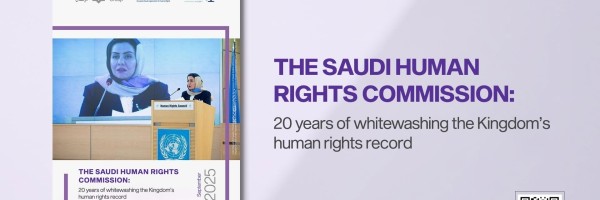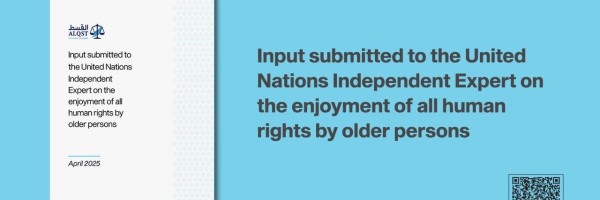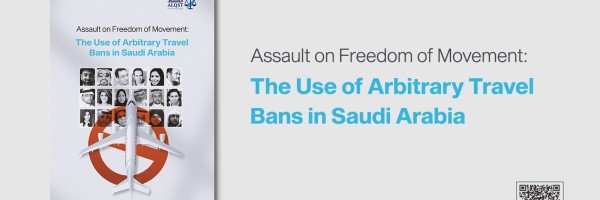"Through a Saudi Lens", this year’s in-depth annual report of ALQST for Human Rights, documents and discusses key human rights developments in 2024.
Introduction
Welcome to this, ALQST’s 10th Annual Report.
ALQST for Human Rights celebrated its tenth anniversary this year, if ‘celebrate’ is the right word to describe a decade of detailed monitoring and documentation of shocking rights violations by the Saudi Arabian authorities. Yet ALQST’s tenacious and evidence-based advocacy for the basic rights of all Saudi citizens and residents, of all social, religious, political and regional backgrounds and beliefs, without discrimination, has succeeded in raising awareness internationally of the depressing catalogue of Saudi state abuses, while achieving many small victories along the way for individual victims.
This year we published the first-ever survey of its kind of the increasing numbers of Saudi nationals and long-time residents now living in exile, most of them driven from their home country by a stultifying lack of freedom and intolerance of diversity. Perhaps not surprisingly, the respondents’ opinions and experiences affirmed and amplified the information ALQST has been gathering over the years through its extensive network of grassroots activists, victims of abuse and their families.
In this year’s Annual Report there are crumbs of good news: several prisoners of conscience being released from jail, albeit after serving lengthy and unjust sentences, and still under harsh conditions such as travel bans. But horrifying new trends have also emerged, such as the rocketing number of executions carried out in 2024: 345 known individuals and possibly more, including 122 for non-violent drug-related offences.
ALQST is proud of the work it is doing, and proud of the courageous prisoners of conscience and activists living under almost impossible conditions in Saudi Arabia. But there is much, much more to do. Our asks to the Saudi authorities (see more in the recommendations section) are multiple, but many are simple measures that could be implemented swiftly, if there is sufficient political will. Despite opening up to western tourists, celebrities and businesses, for the rest of those living inside, Saudi Arabia is effectively a police state. Free speech is muzzled, and the authorities are shielded from any accountability whatsoever, an underlying issue that erodes many fundamental rights as a whole.
Moving forward into 2025, some of our main asks of the international community will therefore be to press the Saudi authorities to open up transparently to independent scrutiny, including by allowing access to the country for human rights organisations and UN experts. This has been totally denied so far, including in the context of the 2034 World Cup bid, that was granted to Saudi Arabia without any real stakeholder engagement. If they are serious about genuine reform, this is a prerequisite.
Please take the time to study this Annual Report and visit our website to see how you, whether Saudi or non-Saudi, can help support the cause of human rights for all in Saudi Arabia.
Yahya Assiri, Founder of ALQST




